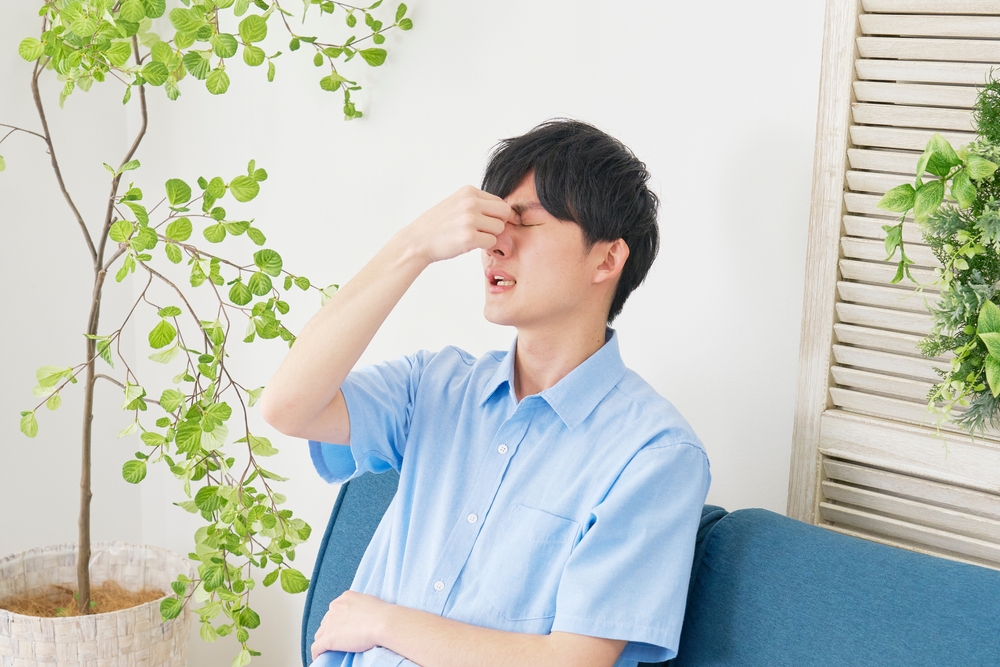
Watery, itchy, irritated eyes are a common complaint - but the cause isn’t always clear. Many people assume allergies are to blame, but in some cases, persistent symptoms may actually point to dry eye syndrome. Since the treatments for allergies and dry eye differ, it’s important to understand the difference and know when it’s time to see your optometrist.
What Is Dry Eye?
Dry eye occurs when your eyes don’t produce enough tears or when the tears evaporate too quickly. Tears contain oils and mucus that help keep the eyes smooth, lubricated, and protected. Without a healthy tear film, the eyes can feel uncomfortable, gritty, or even painful.
Common Signs of Dry Eye:
• Burning or stinging sensation
• Grittiness or feeling like something is in the eye
• Blurry vision that improves with blinking
• Sensitivity to light
• Watery eyes
Dry eye tends to be chronic and may worsen with age, prolonged screen time, or certain medical conditions.
What Are Eye Allergies?
Eye allergies happen when your immune system reacts to allergens like pollen, pet dander, or dust. Unlike dry eye, which is linked to tear film dysfunction, allergies are caused by an immune response.
Common Signs of Allergies:
• Intense itching
• Red, swollen eyelids
• Watery discharge
• Sneezing or nasal congestion alongside eye symptoms
• Symptoms that flare up during allergy season or in certain environments
Key Differences Between Dry Eye and Allergies
While both conditions can cause redness and tearing, a few clues can help distinguish them:
• Itchiness is usually stronger with allergies, while burning or stinging is more common with dry eye.
• Seasonal patterns (like spring or fall flare-ups) often point to allergies.
• Chronic, daily discomfort may indicate dry eye.
• Relief with antihistamines is typical for allergies, but these medications can sometimes make dry eye worse.
When to See an Optometrist
If your eye discomfort doesn’t go away with over-the-counter eye drops or allergy medication, it’s time for a professional evaluation. At Arrowhead Optometry, we can determine whether your symptoms stem from allergies, dry eye, or a combination of both. From dry eye treatments to tailored allergy management strategies, we’ll help you find lasting relief.
Get Relief at Arrowhead Optometry
Your eyes shouldn’t feel irritated day after day. Whether your symptoms are caused by allergies or dry eye, the right diagnosis is the first step toward feeling better.
Don’t let allergies or dry eye interfere with your daily life, contact Arrowhead Optometry to schedule an eye exam for personalized treatment. Visit our office in Glendale, Arizona, or call (623) 263-8147 to book an appointment today.









